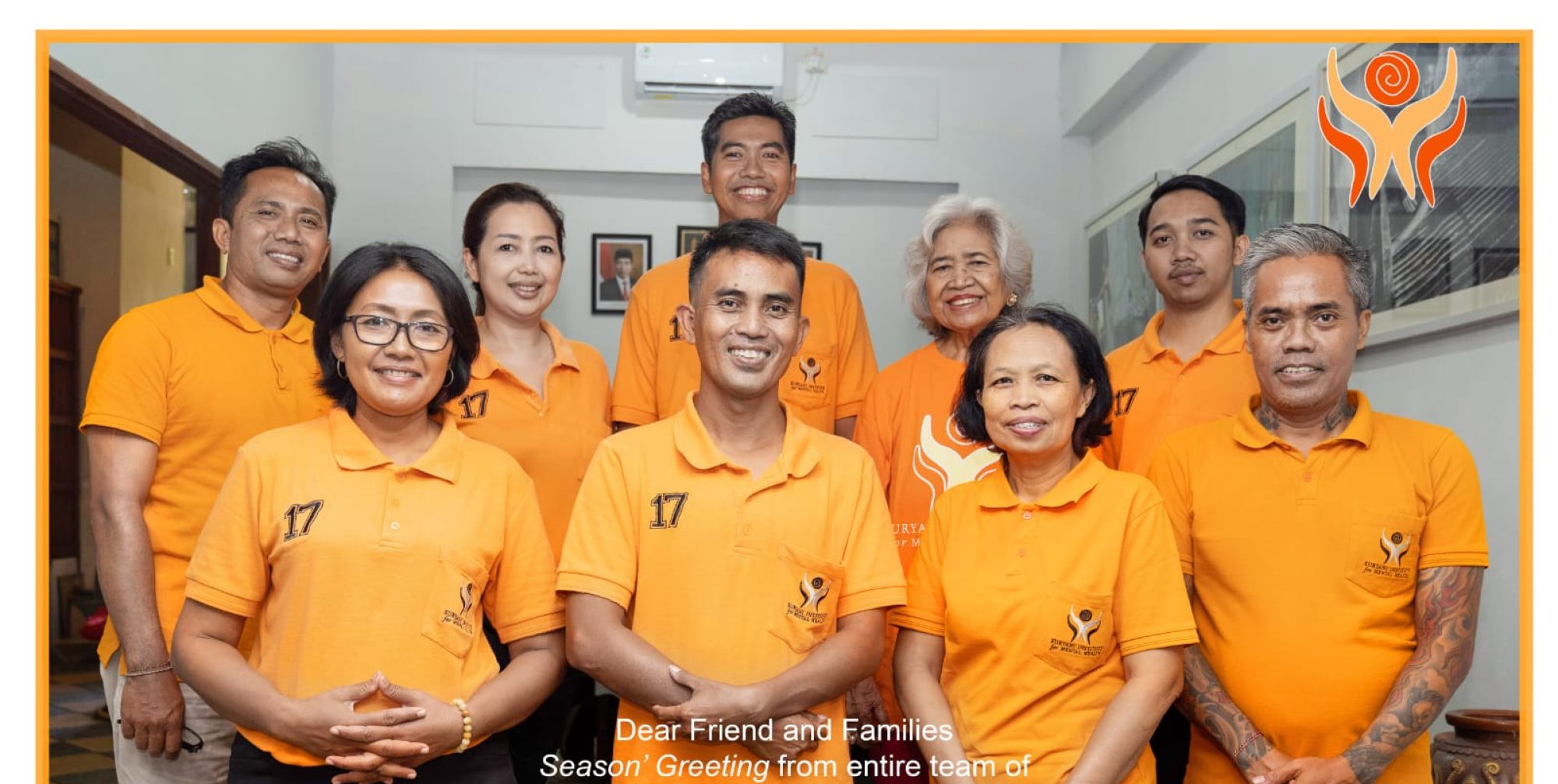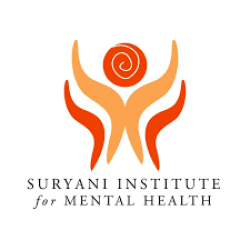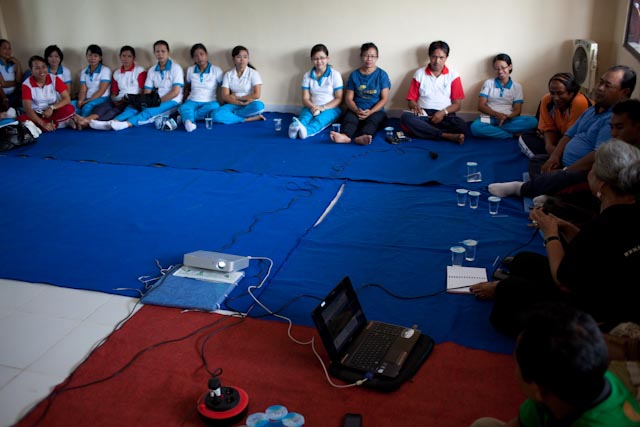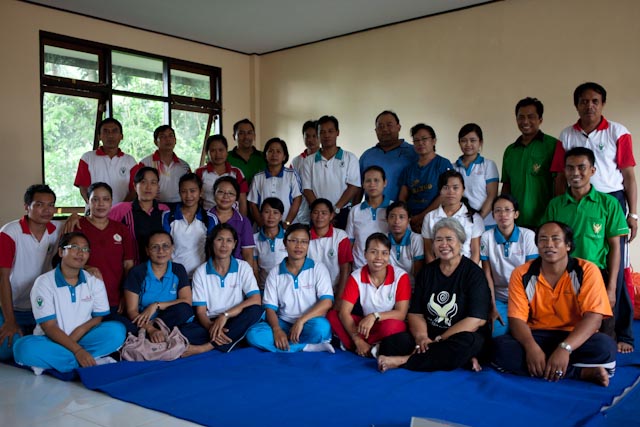Inadequacy of mental health system in Bali and the existence of two conflicting or at best uncoordinated therapeutic approaches (the traditional vs. medical interventions), both the prevalence of mental illness and the conditions of non-referrals have been largely unknown. Through a series of anecdotal evidence, reports from other provinces in Indonesia, and personal observations, a larger number of mentally ill individuals existed in the
community that were unreported and thus untreated.
“We’re trying to educate the health provider in the public health center on mental health issues, so they can aware in creating a healthy community they need also to incorporate the mental health”, said Professor Luh Ketut Suryani as the founder and director of Suryani Institute for Mental Health during her time giving workshop in Karangasem regency, where it is the one regency with the highest reported suicide rates on the island.
The workshop was taken place at Manggis Public Health Center to deliver the effectiveness of the biopsycho-spirit-sociocultural approach, in a community-based, case-treatment of chronic mentally ill individuals in restrains. These points are discussed in the workshop within the background of the Balinese culture, spiritual, religious beliefs and traditional healing practices, to assist with the understanding of the reported mental health situation, the origins and development of the applied treatment approach and to allow for a contextual assessment of the approach’s therapeutic efficacy.



